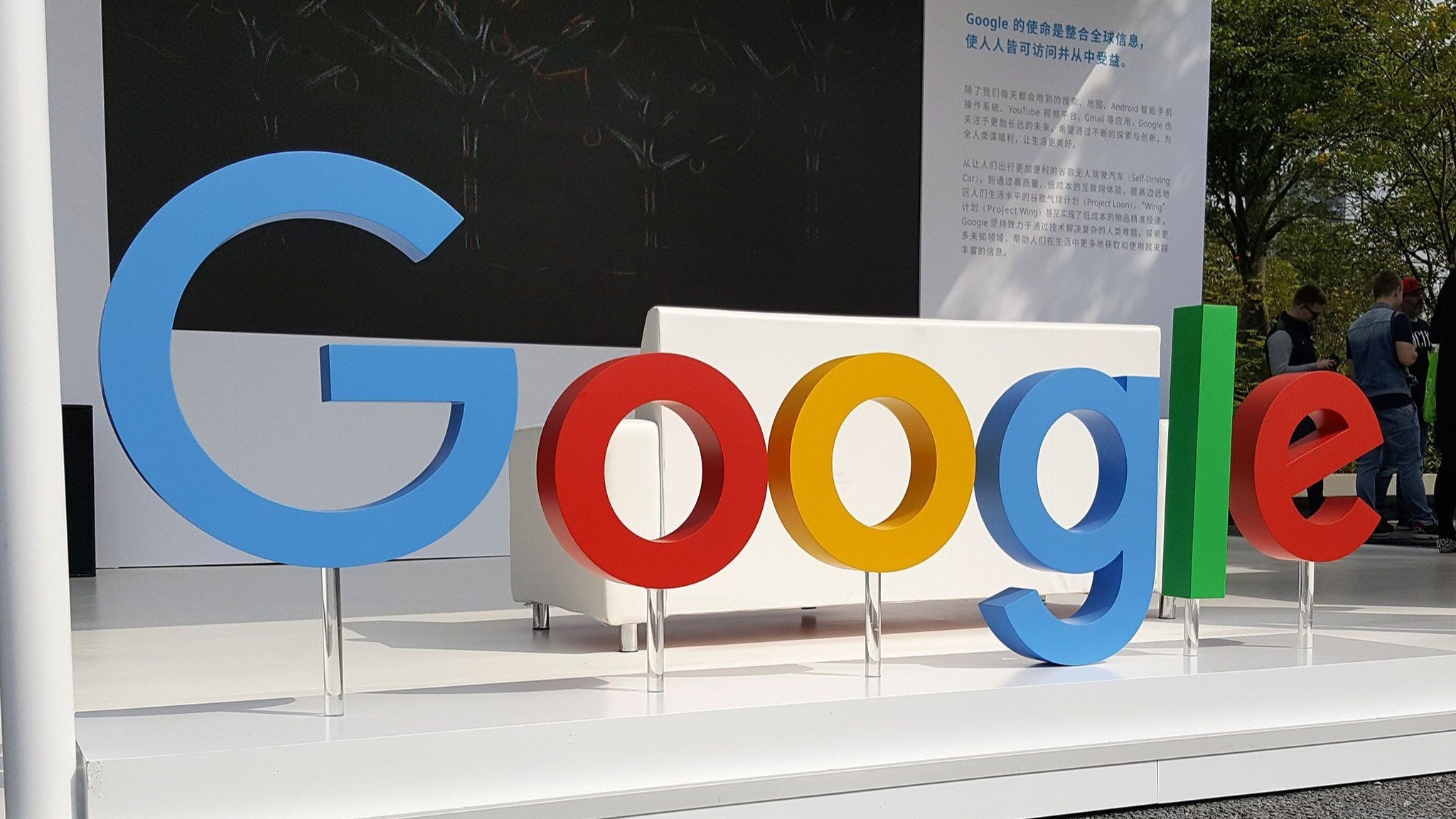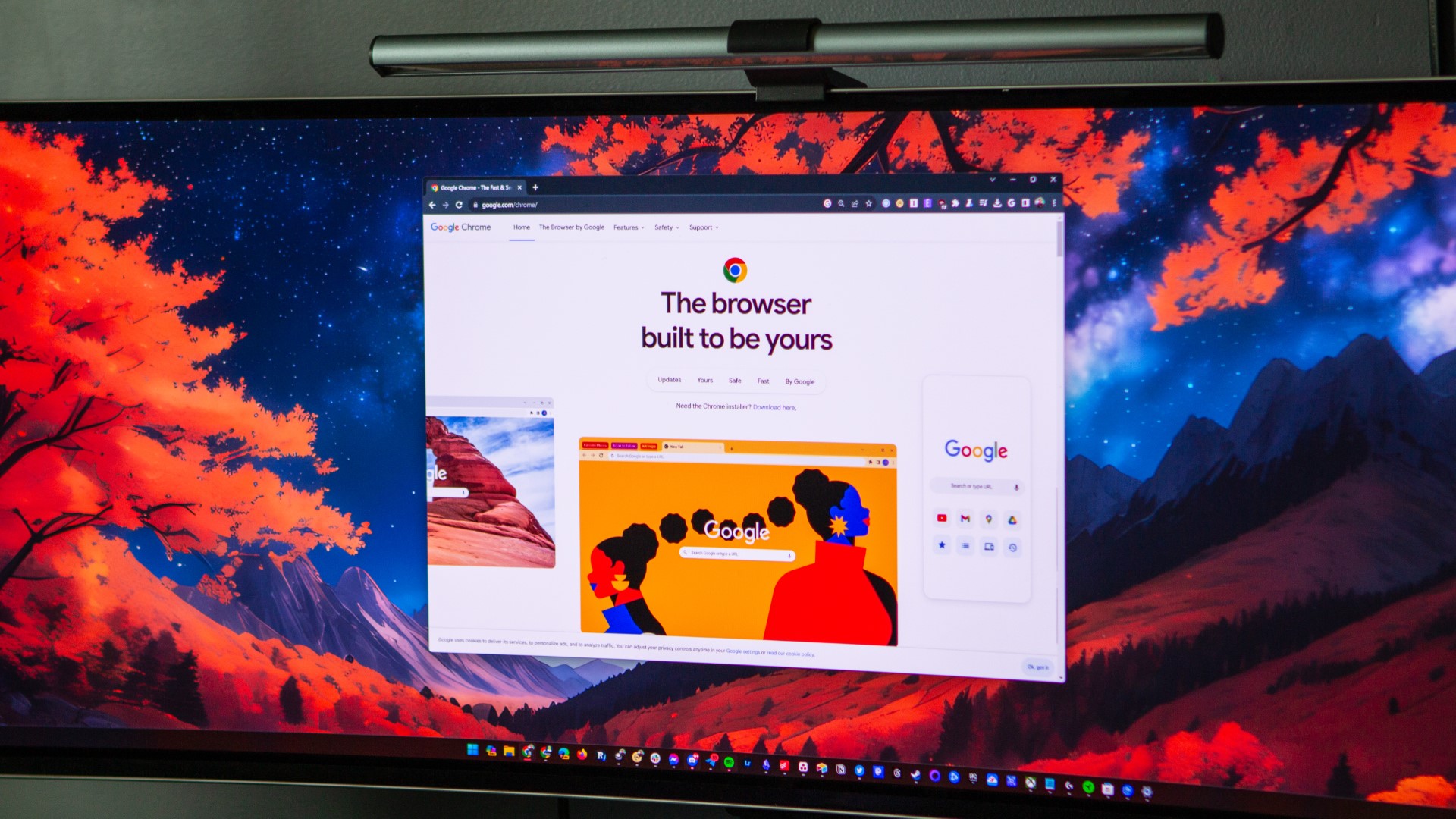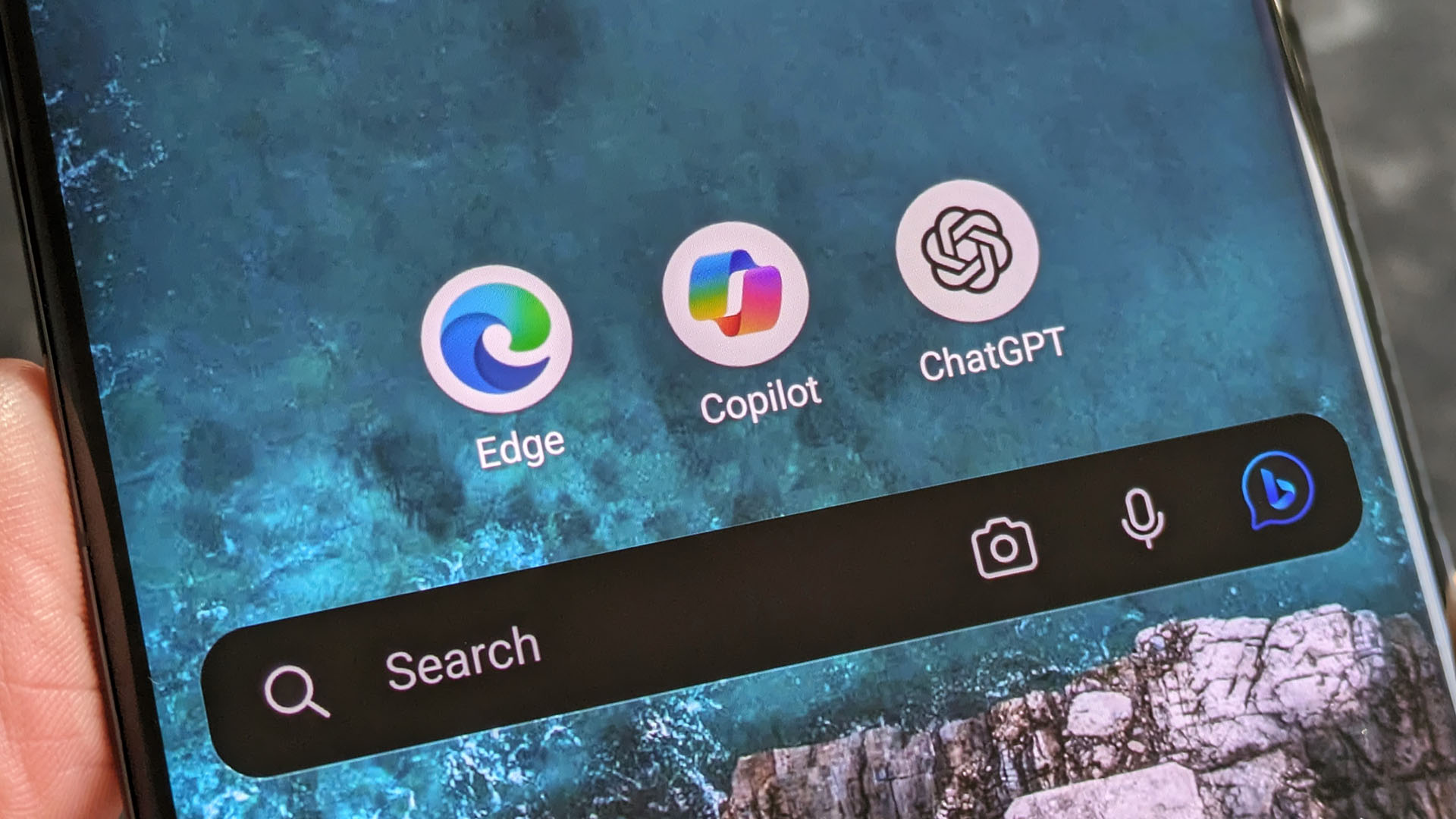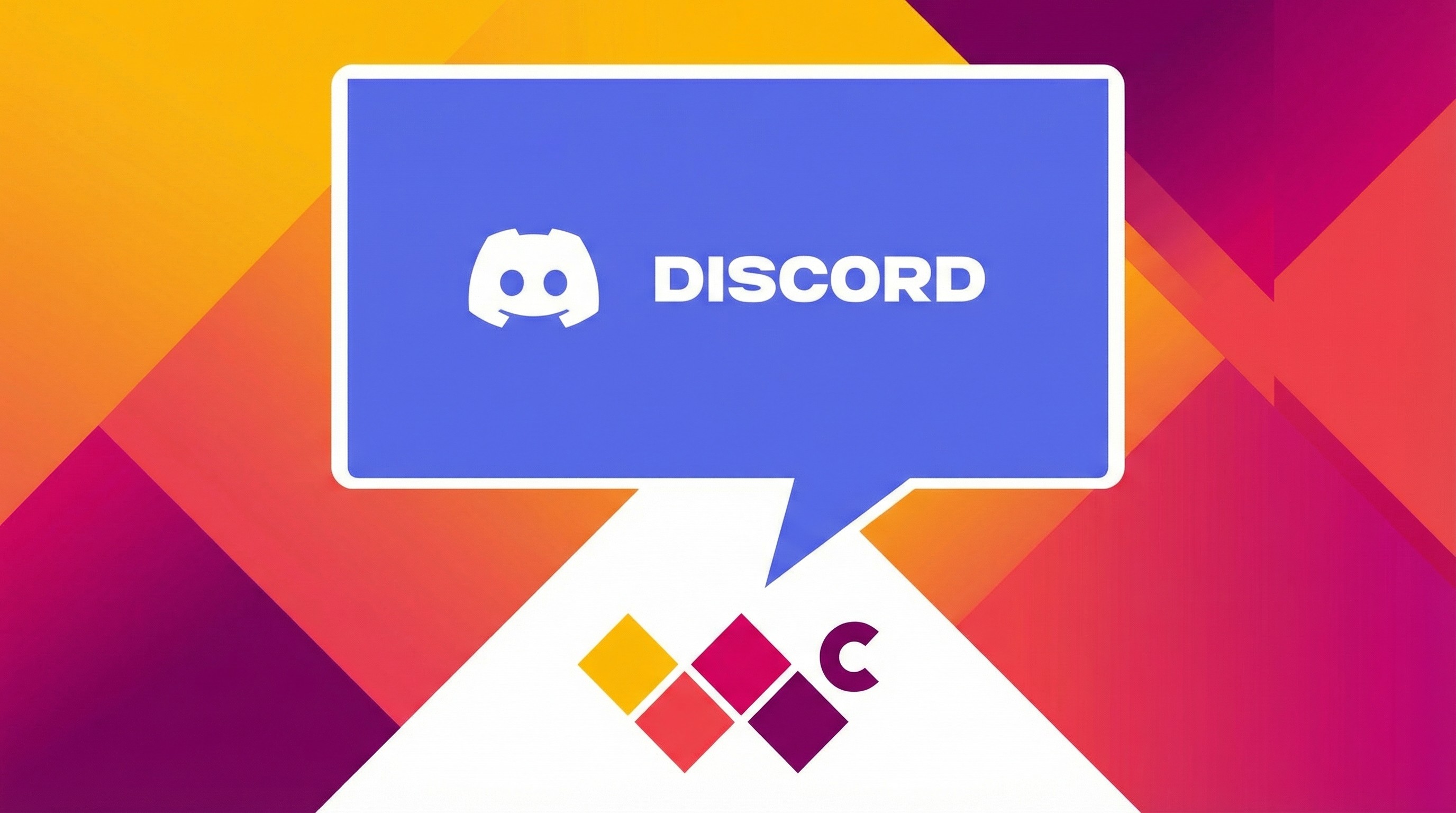Google gets ready for the European DMA and details how you'll be able to choose Microsoft Edge and Bing as your default search engine
Google will let you use Edge and Bing as the default browser and search engine on your devices.

All the latest news, reviews, and guides for Windows and Xbox diehards.
You are now subscribed
Your newsletter sign-up was successful
What you need to know
- Google has highlighted several measures and changes it intends to make in compliance with the Digital Markets Act (DMA) after being listed as a gatekeeper by the European Commission.
- Some of the changes include additional consents for linked services, which will let users decide whether they want to continue sharing their data across some Google products and services for ads and content.
- The company will also let users switch the default search engine or browser on Android phones easily.
- Companies listed as gatekeepers were given six months to comply with the DMA by the EU Commission, which is supposed to lapse in March 2024.
- Failure to comply could attract hefty fines and penalties.
Google recently highlighted several changes it's currently testing and rolling out across its services in compliance with the Digital Markets Act (DMA). This is after the European Commission listed the company as a gatekeeper alongside Microsoft, Amazon, Apple, and more under the DMA
The DMA has been in effect since November 2022 and is designed to promote better competition in digital markets and ensure consumers have more options. The companies listed as gatekeepers were given six months to comply with the strict set of rules, and as it happens we're edging closer to this timeline as it's supposed to lapse in March 2024. Failure to meet these requirements could attract hefty fines of up to 10% of the company's worldwide turnover.
Google was listed as a gatekeeper by the EU Commission under various categories, including browser, video sharing, search, and operating system. Some of the requirements include ensuring its services are interoperable.
What's Google doing to comply with the DMA?

First, Google indicated that there are plans underway to provide users with additional consent for linked devices. As you may already know, the company shares your data across its products and services to personalize the content you interact with as well as your ad experience. The company highlighted that it intends to present European users with an option to choose whether they'd like to continue sharing their data or not.
RELATED: Google pays $5 billion in a class action lawsuit for tracking users' data in Incognito Mode
However, the company noted that restricting access may limit some features or even render them inaccessible. Luckily, you can easily fix this via the Google Account settings, where you can change your choices back to default.
Next up, the company is also tweaking how it presents search results to users. According to Google:
All the latest news, reviews, and guides for Windows and Xbox diehards.
"Over the coming weeks in Europe, we will be expanding our testing of a number of changes to the search results page. We will introduce dedicated units that include a group of links to comparison sites from across the web, and query shortcuts at the top of the search page to help people refine their search, including by focusing results just on comparison sites."
RELATED: Google under fire for featuring deepfake porn in among its top search results

What's more, the company also cited its plans to start testing dedicated space for comparison sites and direct suppliers in a bid to feature more comprehensive results which include images, star ratings, and more.
Another notable change is that users will soon be able to use the search engine or browser of their choice as default on an Android Phone. Google indicated that users will start seeing more choice screens when setting up devices, as well as the Chrome app on Windows and Apple devices. Perhaps this will give Microsoft the competitive advantage it needs to dethrone Google from its search dominance.
Finally, the company has highlighted its plans to start testing a Data Portability API for developers. It will allow users to move data to third-party apps or services, building on the already existing capability that allows users to download and transfer their data across 80 Google products.
Elsewhere, Microsoft has already put elaborate measures in place in compliance with the DMA, as it was listed as a gatekeeper, too. The company announced that users in the European Economic Area will be able to uninstall Microsoft Edge, disable Bing in Windows Search, and turn off the Microsoft News feed and ads in the Widgets Board on Windows 11.
Do you think the highlighted changes will be enough to get the EU Commission off Google's back? Share your thoughts in the comments.

Kevin Okemwa is a seasoned tech journalist based in Nairobi, Kenya with lots of experience covering the latest trends and developments in the industry at Windows Central. With a passion for innovation and a keen eye for detail, he has written for leading publications such as OnMSFT, MakeUseOf, and Windows Report, providing insightful analysis and breaking news on everything revolving around the Microsoft ecosystem. While AFK and not busy following the ever-emerging trends in tech, you can find him exploring the world or listening to music.
